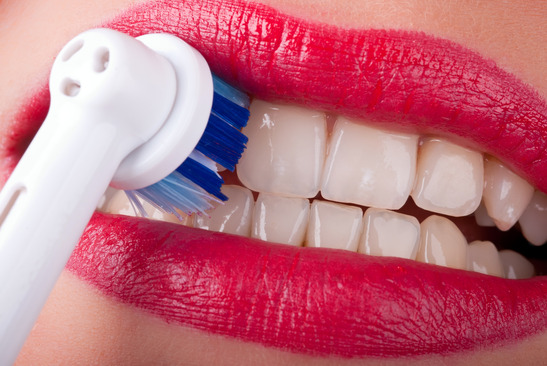Gum Disease: What Can I Do To Reduce My Risk?


What is gum disease?
Gum disease means that gingival tissue is infected and irritated. This condition is normally caused by tartar buildup—a calcified substance that accumulates along the gum line and irritates the gums. Irritated gums are easily infected and the mouth is full of harmful oral bacteria. If periodontal disease is not addressed with proper oral hygiene and professional care, the condition will worsen. For example, the gums will recede from the teeth and the infection will spread.
Why is oral hygiene so important?
Oral hygiene is very important for reducing oral bacteria in the mouth and removing debris from leftover food. Flossing and brushing disrupts bacterial colonization and removes plaque. When plaque is not removed, it will harden into tartar—a substance that can only be removed by professionals. Patients should brush their teeth at least twice a day and floss once every day.
Are professional cleanings really necessary?
Yes, professional cleanings are necessary and patients should schedule cleanings every six months. Cleanings remove plaque and tartar—especially in hard to reach areas. By committing to regular cleanings and checkups, gum disease can be detected and addressed in its earlier stages.
Do lifestyle choices affect gum health?
Some lifestyle factors can contribute to gum disease. For example, smoking greatly contributes to gum disease because the toxins and chemicals present in cigarettes inflame the gums. Some medications and health conditions also affect gum health.
If you have been diagnosed with periodontal disease, call our office at 912-352-4867 to schedule an examination with our caring periodontist.